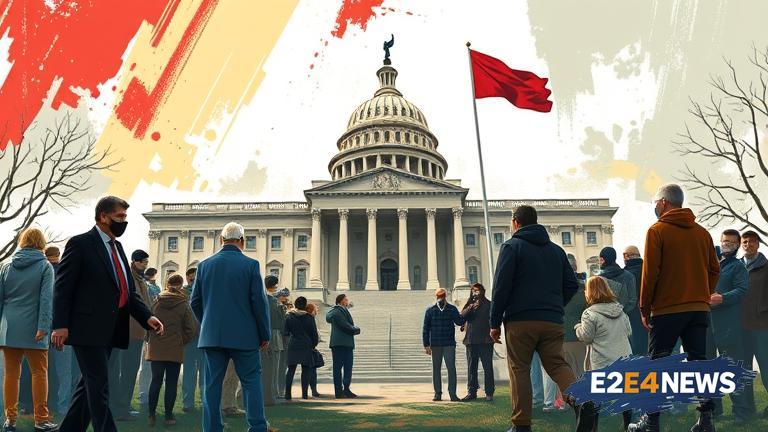Community bail funds have been a topic of discussion in recent years, particularly after the surge in popularity in 2020. These funds aim to help low-income individuals who cannot afford to pay bail, allowing them to await trial outside of jail. However, GOP lawmakers have launched a backlash against these funds, citing concerns over public safety and the potential for repeat offenders to be released back into the community. The backlash has been fueled by reports of individuals who were released on bail going on to commit further crimes. Despite this, proponents of community bail funds argue that they are a necessary tool for addressing systemic inequalities in the justice system. Many people who are unable to afford bail are forced to remain in jail for extended periods, even if they have not been convicted of a crime. This can have serious consequences, including the loss of employment, housing, and even custody of children. Community bail funds help to alleviate these issues by providing financial support to those in need. In 2020, community bail funds saw a significant surge in popularity, with many organizations reporting an increase in donations and support. However, this surge in popularity has also led to increased scrutiny from GOP lawmakers. Some have argued that community bail funds are being used to release dangerous individuals back into the community, putting public safety at risk. In response to these concerns, some community bail funds have implemented additional measures to ensure that those who are released on bail are properly supervised and supported. Despite these efforts, the backlash against community bail funds continues to grow. GOP lawmakers in several states have introduced legislation aimed at restricting or eliminating community bail funds. The impact of this legislation could be significant, potentially leading to an increase in the number of people who are forced to remain in jail while awaiting trial. As the debate over community bail funds continues, it is clear that there are deeply held differences of opinion on the issue. While some see community bail funds as a necessary tool for addressing systemic inequalities, others view them as a threat to public safety. The outcome of this debate will have significant implications for the justice system and the many individuals who are impacted by it. In addition to the potential impact on public safety, the backlash against community bail funds also raises questions about the role of private organizations in the justice system. Some have argued that community bail funds are an example of private organizations filling a gap in the public system, while others see them as an attempt to circumvent the law. As the debate continues, it is likely that we will see further discussion and exploration of these issues. Ultimately, the future of community bail funds will depend on the outcome of this debate and the actions of lawmakers and other stakeholders. The community bail fund movement has sparked a national conversation about the justice system and the need for reform. The movement has also highlighted the importance of addressing systemic inequalities and ensuring that all individuals have access to fair and equal treatment under the law. As the backlash against community bail funds continues, it is clear that this conversation is far from over.
Thu. Oct 23rd, 2025
